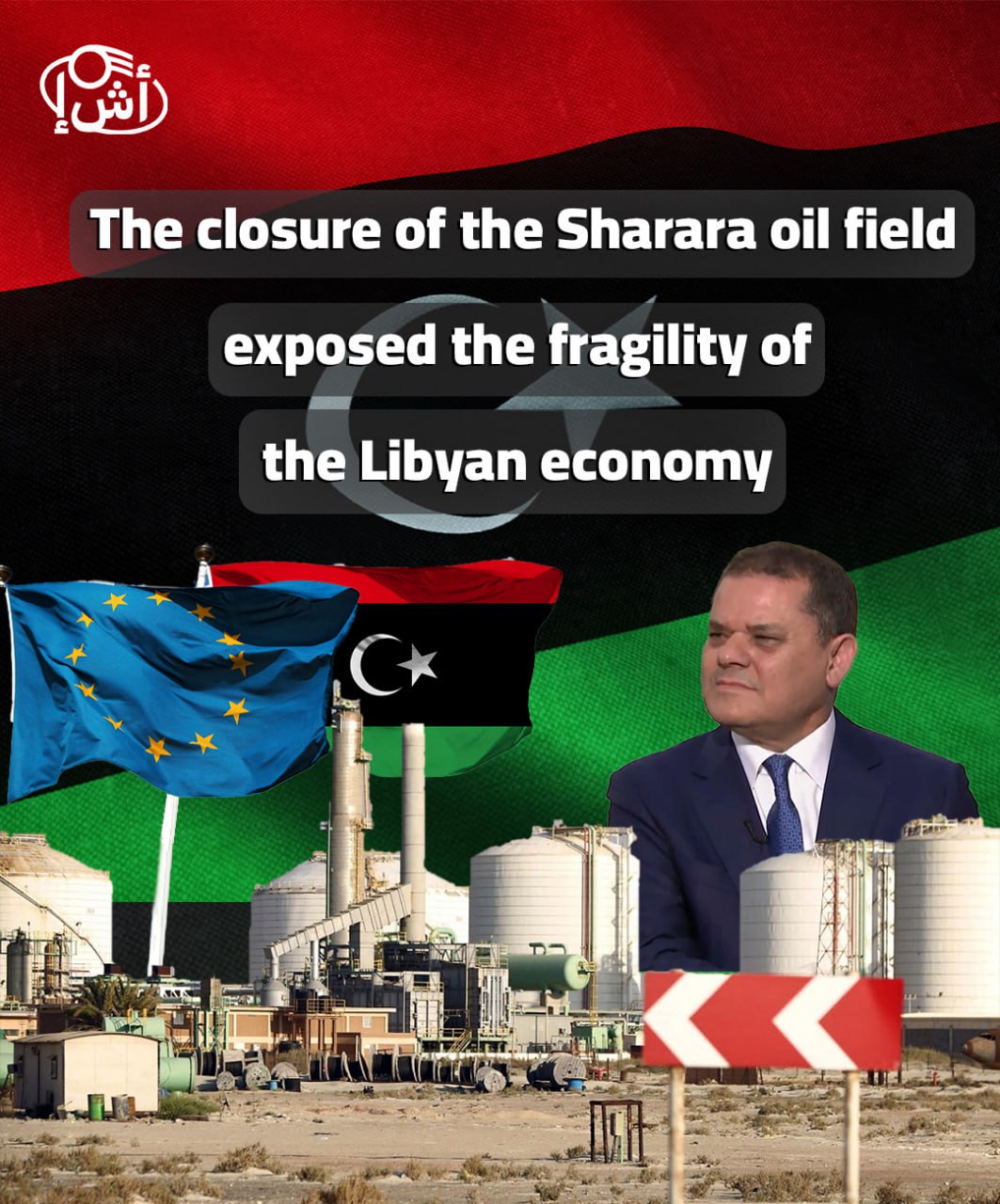Libya’s Sharara oil field is a symbol of sovereignty in addition to being one of the most important oil production sites in the country, and its repeated closures raise the paradox of the conflict over Libyan wealth that seeks to break the concept of sovereignty.
The Sharara field is used as part of the conflict resulting from the political division, as the Libyan economic system, despite all the figures showing growth in revenues, remains fragile due to the heavy reliance on oil revenues.
Any disruption in production has dire consequences for the country’s economy and its political scene, and the recent blockade of the Sharara field confirms the intertwined nature of political instability in Libya and the vulnerabilities that can plague the political and economic scenes.
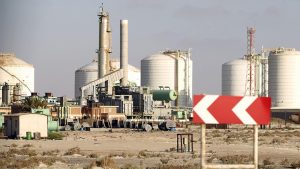
Sharara Field as a Strategic Fulcrum
The Sharara field, located in the Murzuq Basin in southwestern Libya, is one of the largest oil fields in the country, with a production capacity exceeding 300,000 barrels per day.
The field is managed by a consortium comprising the Spanish company Repsol, the French company Total and other companies, making it extremely important not only for Libya but also for a number of European countries active in the Libyan political scene. At the same time, the revenues generated from the Sharara field are extremely important for the Libyan government, which relies on oil exports to finance public services, pay civil servant salaries and ensure the stability of the national economy.

On the other hand, the field has an importance linked to the conflict between the different factions, as it has become a target for competition for influence and to possess power cards within the network of European interests in Libya. The repeated sieges of the Sharara field illustrate two basic issues:
- The first is the use of oil, which should be considered a factor of power and a means of pressure in the struggles for power, to become part of the political stumbling block. Any siege not only disrupts the flow of oil, but also leads to successive shocks to the Libyan economy and exacerbates the economic conditions facing the Libyan people.
This use poses a turbulent political environment that tries to submit to the conditions imposed by the siege, and also facilitates the penetration of foreign interests by dealing with the balance of power between the groups imposing the siege and the official bodies.
- The use of closures to change geopolitical and local power, which is what the recent siege, which according to some reports was due to an arrest warrant from the Spanish government for Saddam Haftar, provides at least. The Libyan political scene suffers from deep divisions, and the existence of two central banks, for example, further complicates the economic situation, leading to inefficiency and corruption, and the closure of the Sharara oil field appears to be a direct result of these political divisions.
The closure of the Sharara oil field in the international scene
The closure of the Sharara oil field has sparked mixed reactions locally and internationally and reflects a complex network of interests that converge at the Libyan wealth.
Locally, the outgoing Government of National Unity, headed by Abdul Hamid Dbeibeh, condemned the closure and described it as “political blackmail” and pledged to take all necessary measures to protect Libya’s resources. This response confirms the government’s inability to deal directly with these events, which appear to be primarily security-related, but which use the “weapon of the economy” to influence the general political situation.
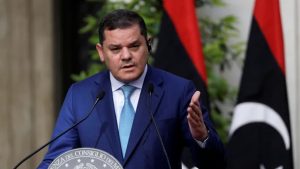
Internationally, the closure has raised concerns among countries and companies investing in the Libyan oil industry. The Spanish company Repsol, which operates in the Sharara field, has confirmed its commitment to ensuring the safety and continuity of operations in the field, while official international responses are still limited to concerns about the potential impact of the blockade on oil markets.
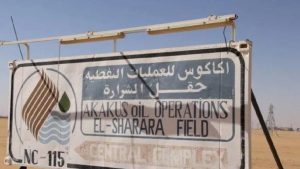
The ongoing instability in Libya has fragmented the economy, with different factions controlling different parts of the oil infrastructure. This fragmentation not only undermines the economy, but also exacerbates the instability of state institutions that rely on oil revenues to provide services.
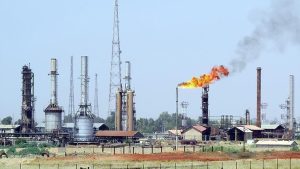
The inability of the central government to secure the country’s oil resources has led to conflict over control of these resources and increases economic and political instability. Addressing Libya’s economic fragility requires a multi-faceted approach that goes beyond securing the Sharara oil field, because it is ultimately a political problem that requires political reconciliation and the establishment of a unified government capable of effectively managing the country’s resources.
By Mazen Bilal
The Libyan national team is at the top of the North African Championship for senior volleyball players
